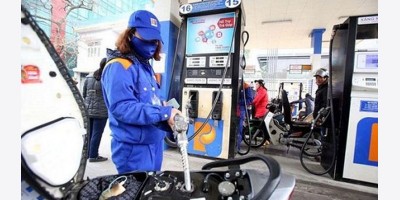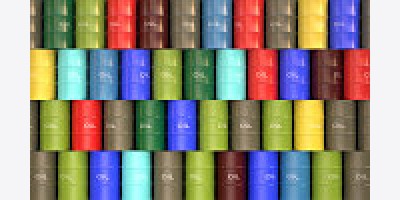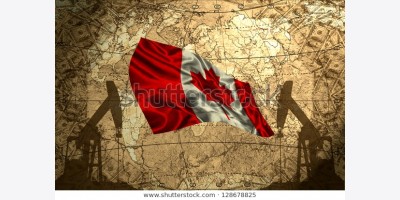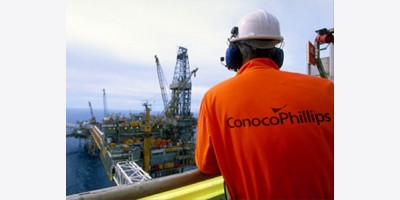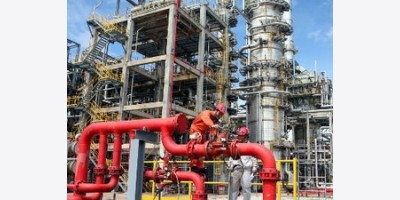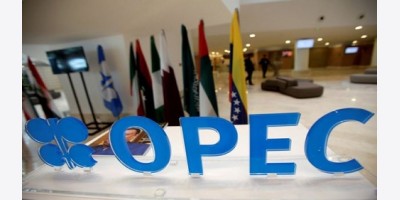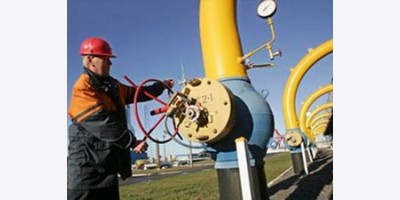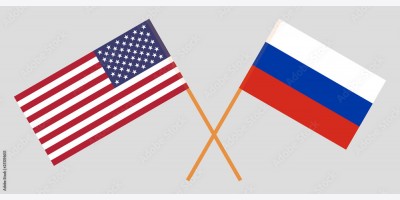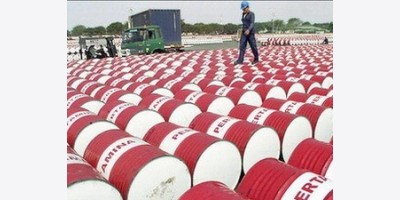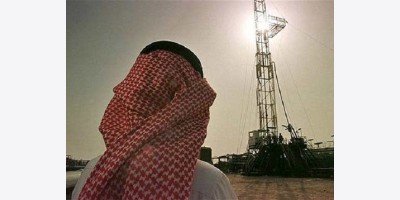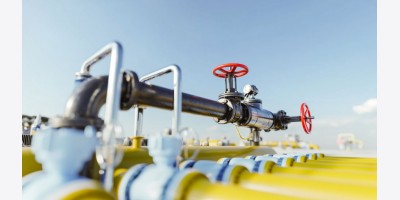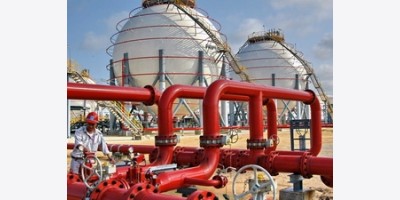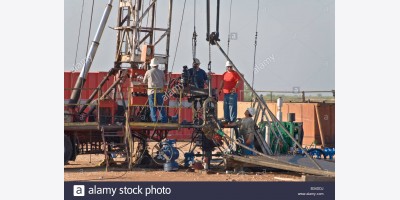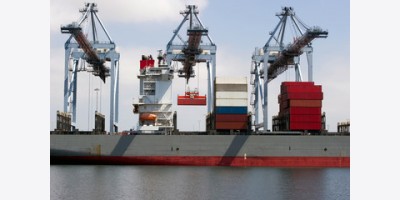Rosneft dropped 8.6% on Monday to as low as 225.25 rubles in Moscow, combined with a drop in the ruble that cut its market capitalisation by more than $5bn. BP holds 19.75% of Rosneft after selling it half of the TNK-BP venture last year.
Russian stocks tumbled as Western powers considered how to respond to President Vladimir Putin’s move to take control of Ukraine’s Crimea region, including possible economic sanctions. BP’s stake in Rosneft, run by Mr Putin’s associate, Igor Sechin, is the biggest single foreign investment in Russia’s oil industry and provides 30% of the London-based company’s production, according to Deutsche Bank.
"A downward spiral in Western state relations with Russia certainly puts BP and Exxon in a very uncomfortable position," said Andrew Neff, an analyst at IHS.
"I would see a period of awkwardness and discomfort, but nothing so dramatic as a withdrawal."
BP’s stake in Rosneft is now worth about $13bn. David Nicholas, a BP spokesman in London, declined to comment on Ukraine or Russia.
BP shares slipped as much as 2.3% on Monday and traded at 493.6p at 11.24am in London.
Mr Putin’s government has worked to attract oil and gas companies to invest over the past three years, signing exploration agreements with Exxon Mobil, Norway’s Statoil and Eni as well as bringing in BP as a Rosneft investor.
Exxon plans to drill its first well in the Russian Arctic’s Kara Sea with Rosneft this year. Royal Dutch Shell, Europe’s biggest oil company, is a partner in the Sakhalin gas-export project in Russia’s Far East, and Total SA is developing a liquid natural gas export plant in the Arctic with OAO Novatek.
London-based Shell spokesman Jonathan French declined to comment. A Total spokesman declined to comment. Alan Jeffers, a spokesman for Irving, Texas-based Exxon, declined to comment on Monday.
Russia’s Micex Index fell as much as 11% on Monday, the most since 2008, and the central bank raised interest rates to counter a drop in the ruble. Brent crude prices climbed as much as 2.2% to $111.41 a barrel.
"The situation is spiralling to a level of conflict and misunderstanding that’s unprecedented since the Cuban Missile Crisis" in 1962, said Richard Sakwa, a professor of Russian politics at the University of Kent and a Chatham House fellow. "With talks of boycotts and other sanctions, we can only hope that companies like BP will act as a stabilising force."
Ukraine mobilised its army reserves on Monday and called for foreign observers in Crimea after Russian-speaking forces seized control of government buildings and airports. Mr Putin has permission from Russian lawmakers to deploy troops to Ukraine.
BP has been involved in Russia for more than a decade. It started TNK-BP in 2003 with a group of Russian billionaires with an $8bn initial investment. While the venture produced $19bn in dividends, disputes with partners forced Bob Dudley, the current CEO of BP who was in charge of TNK-BP at the time, out of the country in 2008.
Rosneft bought TNK-BP for $55bn, using stock to pay for some of BP’s shares, catapulting it ahead of Exxon to make it the biggest publicly traded oil producer by volume.
"Russia as a place for foreign direct investment would be hurt by any kind of war effort," said Jason Kenny, an oil equity analyst at Banco Santander SA in Edinburgh. "But anyone who says that BP supporting Rosneft equates to support for Russia is missing the point of oil and gas investment, which is about long-term industry trends."
Bloomberg




